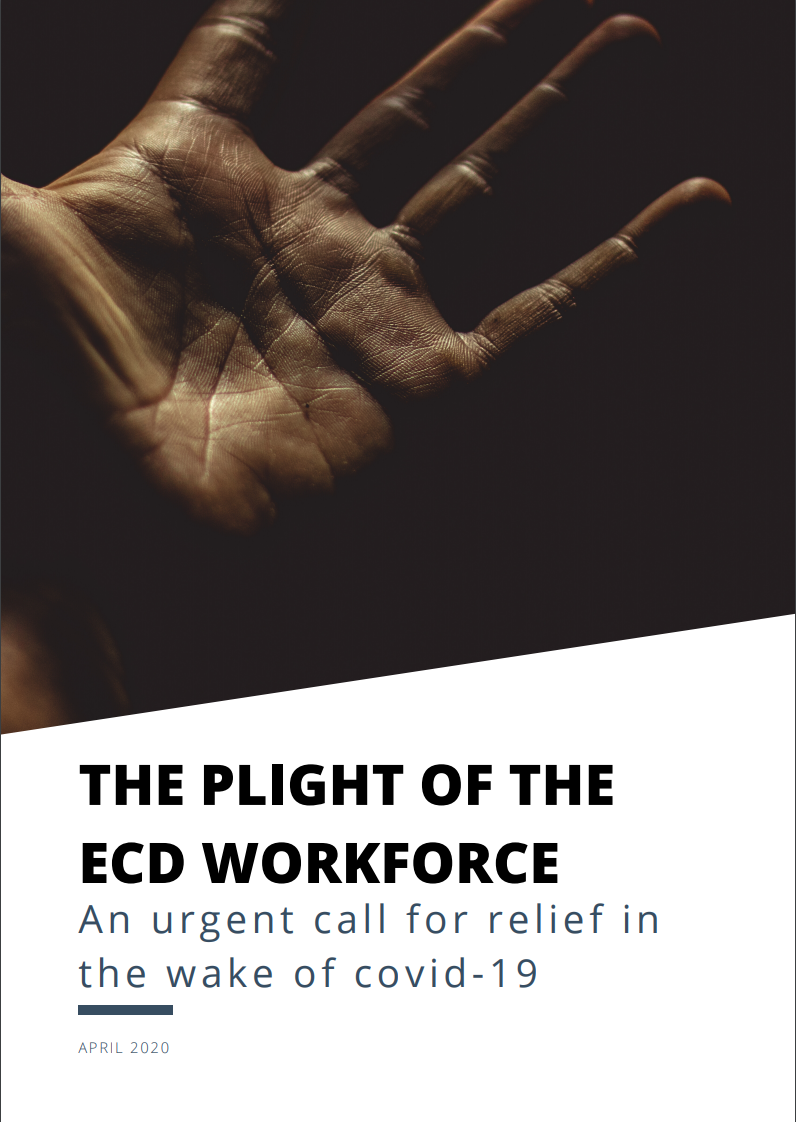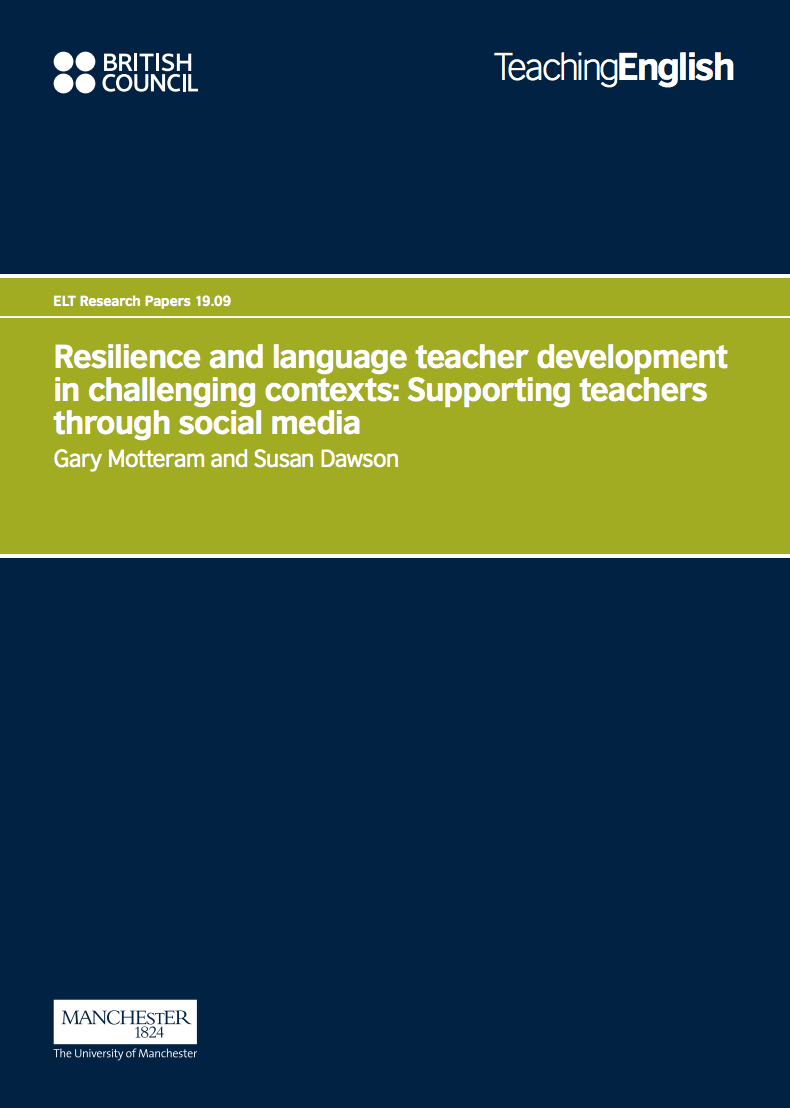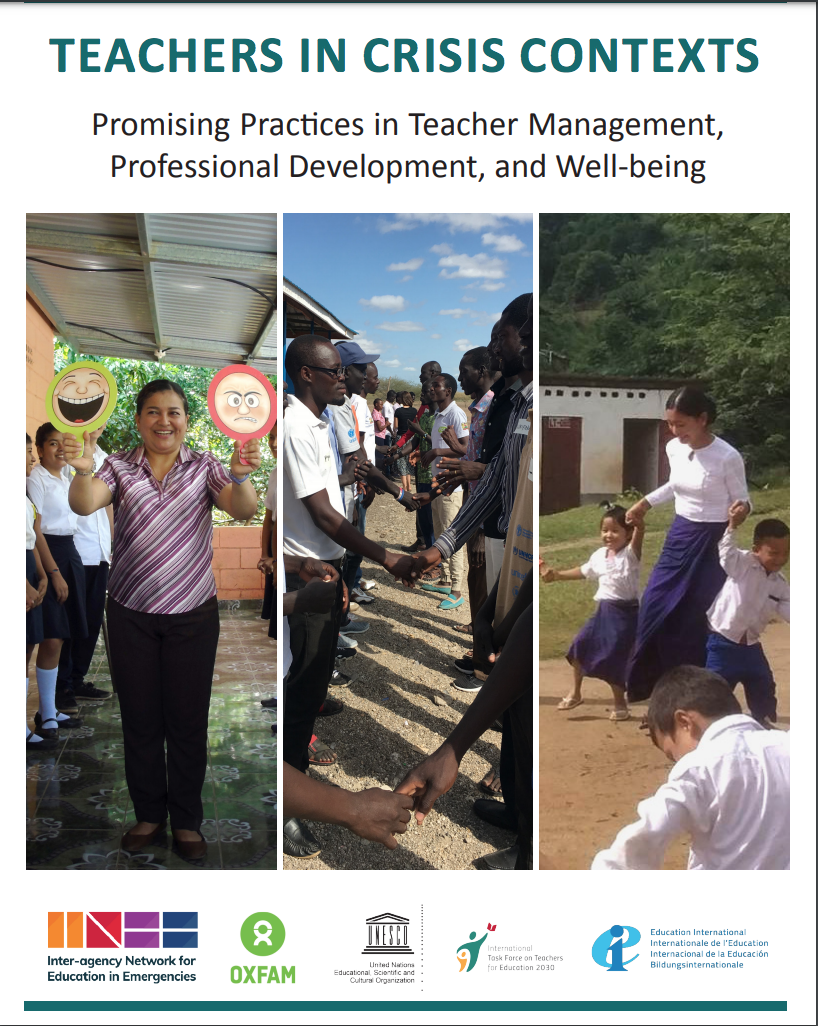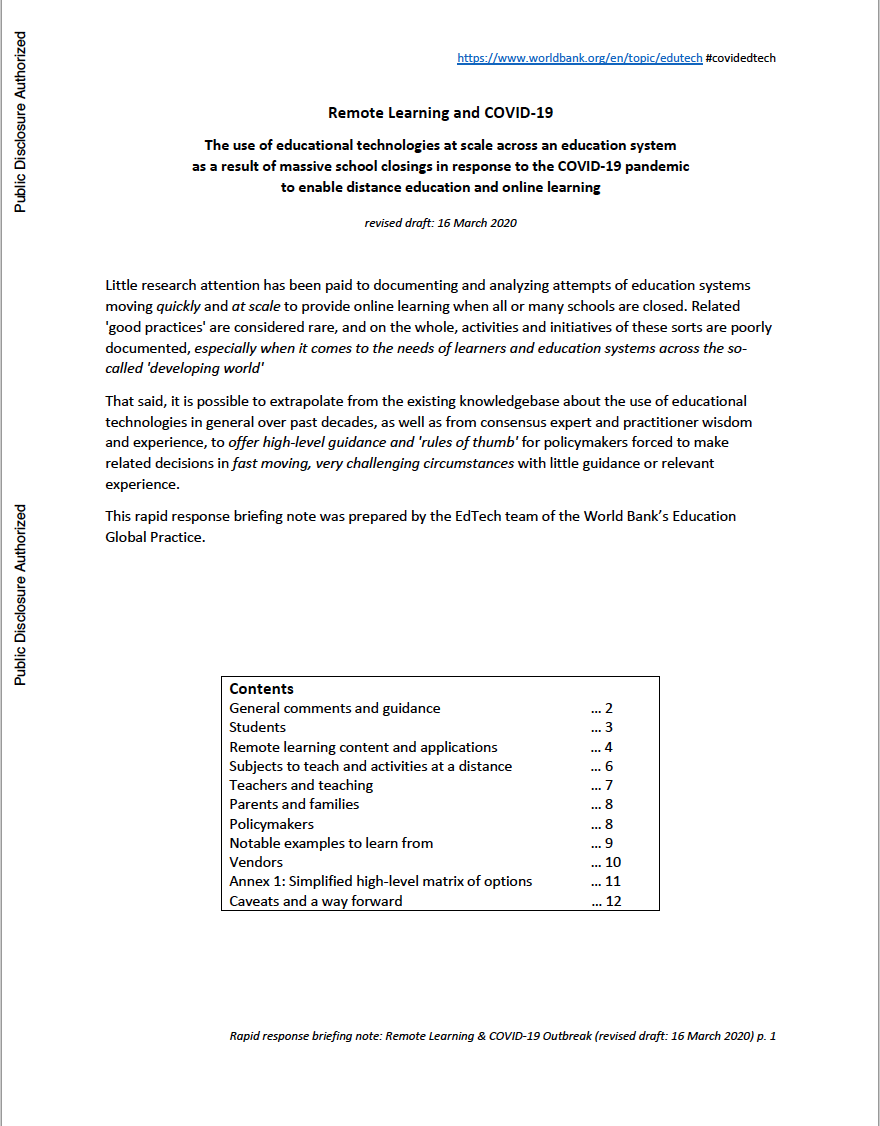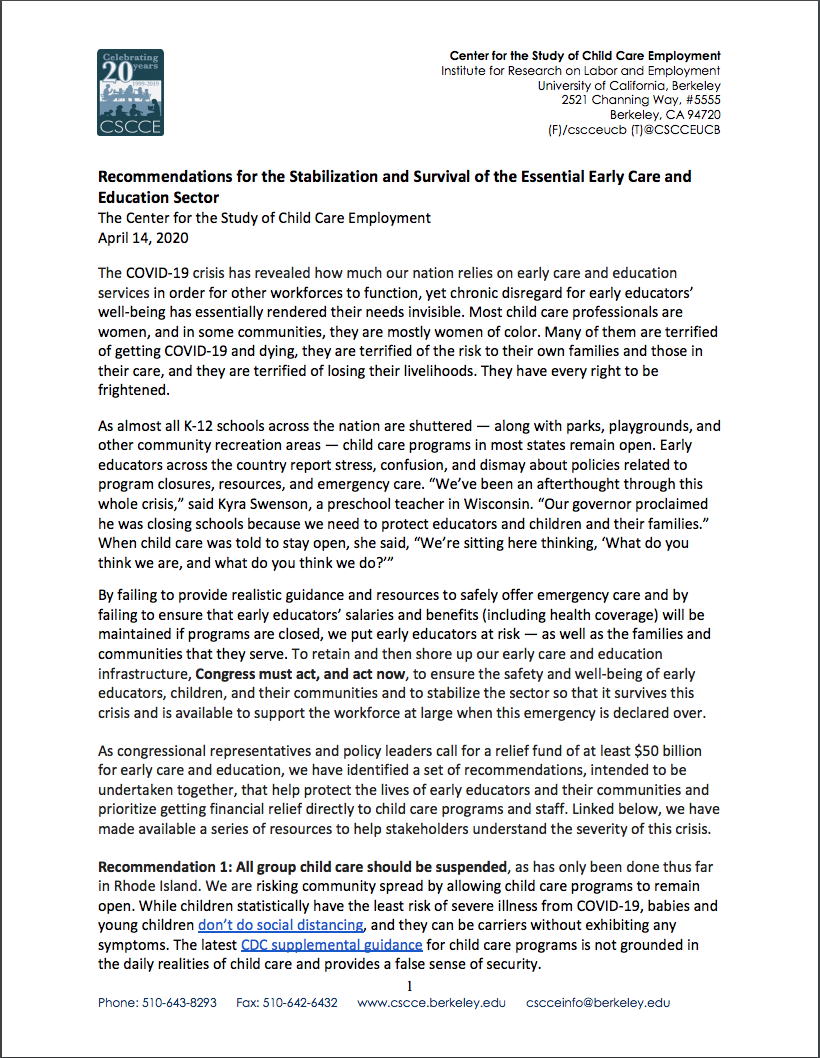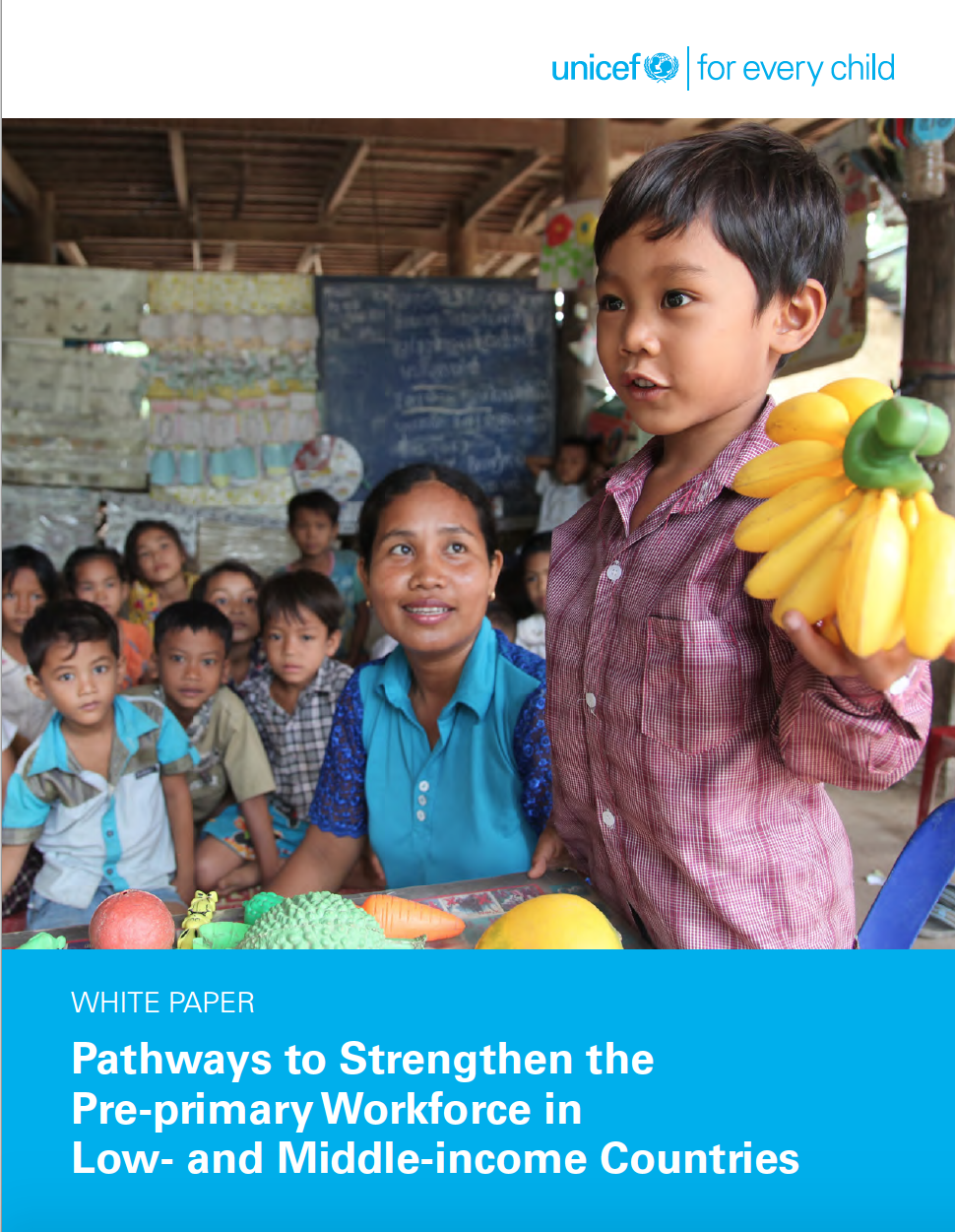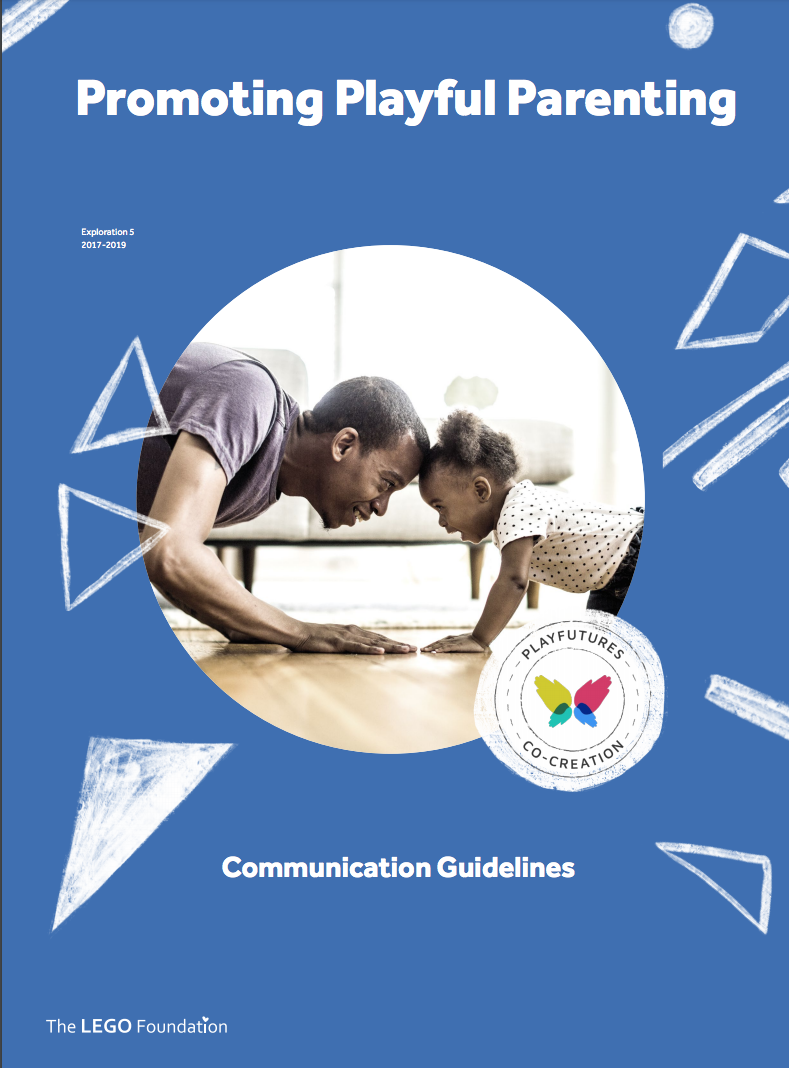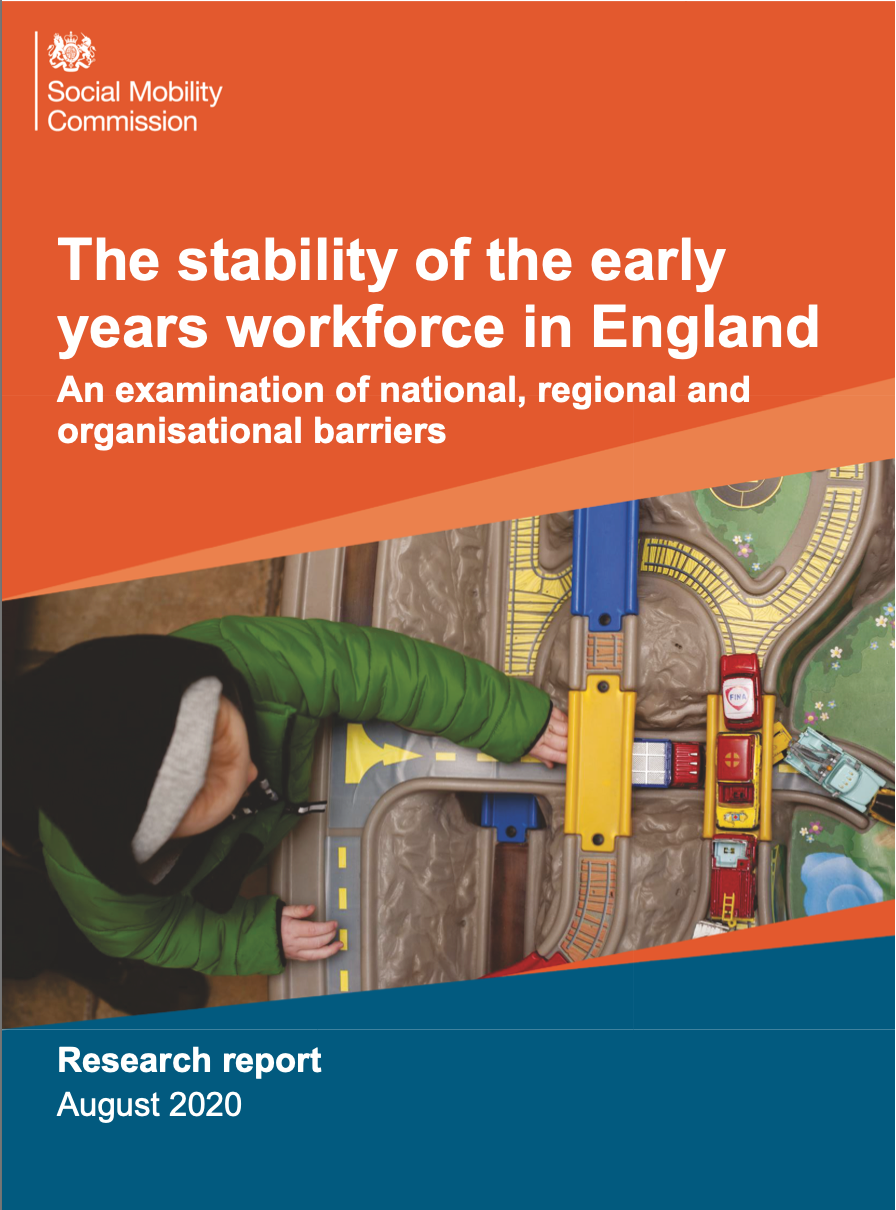ECWI Home Visiting Workforce Needs Assessment Tool
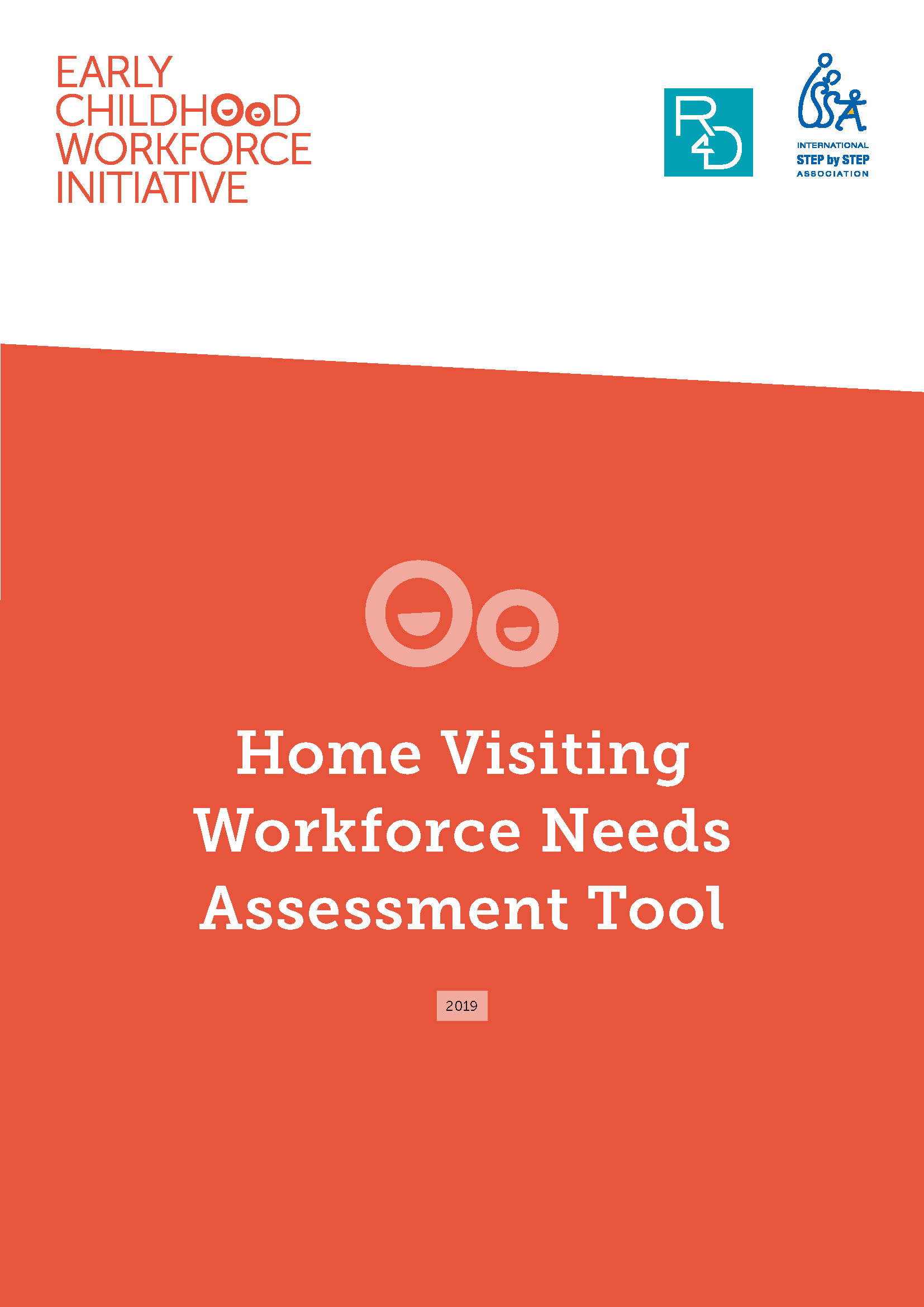
The Home Visiting Workforce Needs Assessment Tool aims to help Ministries and government agencies reflect on the ways in which they can support personnel delivering home visiting programs across sectors for pregnant mothers and caregivers with children under 3. Drawing inspiration from the UNICEF Pre-Primary Diagnostic and Planning Tool, this tool is intended for countries with home visiting programs at either the sub-national or national levels. The scope of this tool includes home visitors who work directly with young children and their families, as well as supervisors and trainers.
You can also download the accompanying User's Guide here.
Authors: Year of Publication:
2020
 HomeVisitingWorkforceNeedsAssessmentTool.pdf
HomeVisitingWorkforceNeedsAssessmentTool.pdf HomeVisitingWorkforceNeedsAssessmentTool_Arabic.pdf
HomeVisitingWorkforceNeedsAssessmentTool_Arabic.pdf HomeVisitingWorkforceNeedsAssessmentTool_French.pdf
HomeVisitingWorkforceNeedsAssessmentTool_French.pdf HomeVisitingWorkforceNeedsAssessmentTool_ Portuguese.pdf
HomeVisitingWorkforceNeedsAssessmentTool_ Portuguese.pdf HomeVisitingWorkforceNeedsAssessmentTool_Russian.pdf
HomeVisitingWorkforceNeedsAssessmentTool_Russian.pdf HomeVisitingWorkforceNeedsAssessmentTool_Spanish.pdf
HomeVisitingWorkforceNeedsAssessmentTool_Spanish.pdf HomeVisitingWorkforceNeedsAssessmentTool_Serbian.pdf
HomeVisitingWorkforceNeedsAssessmentTool_Serbian.pdf

